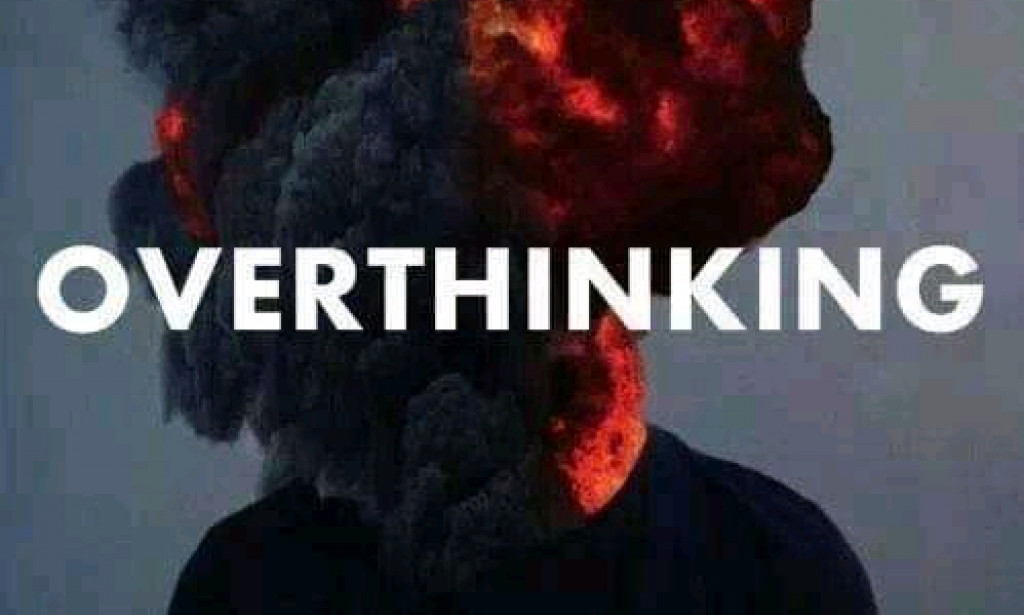Overthinking is exactly what it sounds like: thinking excessively. Overthinking occurs when you think too much instead of acting and doing things.
Overthinking occurs when you examine. Overthinking occurs when you think too much instead of acting and doing things. on, and repeat the same thoughts over and over instead of doing.
You are unable to take action because of this tendency. It drains your energy, impairs your capacity to make judgments, and traps you in a never-ending cycle of thinking and thinking.
This is a way of thinking that wastes your time and energy while also preventing you from acting, trying new things, and progressing in your life. It's like tying yourself to a pole with a rope and going in circles over and over again.
Worry and anxiety are more likely in this situation.When you don't overthink things, on the other side, you become more productive, tranquil, and cheerful.
You simply can't seem to stop thinking about an event, a person, a former occurrence, or an issue.
You keep worrying about it and can't get it out of your head instead of seeking for a solution, taking initiative, and being active.When something unpleasant happens, you could imagine the worst-case scenarios, asking yourself questions like "what if?" or "why?"
You have a tendency to fall into negative thought patterns now and then.
You're concerned about past errors or current problems and issues, and how they may result in undesirable consequences.
You obsess over or over-analyze your daily activities and relationships with others.
You exaggerate the significance of every phrase, thought, and event, reading into it things that aren't truly there.
If this happens frequently, you're a ruminator, or an over-thinker, according to psychologists.Over-thinking has been linked to poor performance as well as anxiety and despair, according to psychologists.
There are several methods for breaking this behaviour, including watching television, playing video games, or listening to music. Walking, swimming, or other forms of physical activity can momentarily divert your attention away from your propensity of overthinking.
Anything that keeps your mind occupied with anything that prevents you from overthinking is OK. When you overthink, keep track of how much time and energy you're wasting and how passively, rather than actively, you're behaving.
Recognize that thinking once or twice is plenty. It gets you nowhere because you keep thinking the same things over and over again. You must decide and take action. The problem is that you can start overthinking and obsessing.

You must be logged in to post a comment.